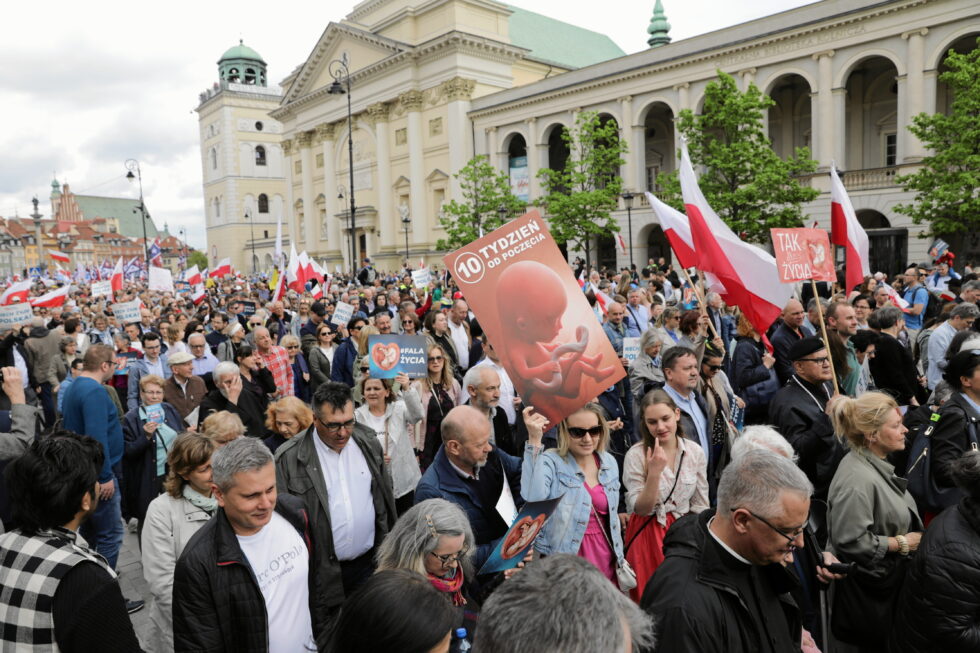Abortion
New wave of abortion extremism is targeting Europe’s last pro-life holdouts
The wave of abortion extremism sweeping Europe continued on April 11, when the European Parliament voted 336-163 in favor of including “access to abortion” in the EU’s Charter of Fundamental Rights. The vote itself was symbolic – the resolution is non-binding, as an enforceable “right to abortion” would have to receive the backing of all 27 member states. But the symbol was a sign of things to come, and pro-life leaders in embattled EU member states told me that the vote was intended to place pressure on legislators in countries like Malta, where pre-born children are still protected in the womb.
In Poland, a raft of bills has been put forward by legislators seeking to fulfill Prime Minister Donald Tusk’s campaign promise to put an end to the country’s pro-life regime; abortion activists, sensing that they may be facing a unique opportunity with a splintered coalition government, are pushing fiercely for action. Four bills have been put forward, two of which propose legalizing abortion on demand up to 12 weeks of pregnancy; a third proposing the decriminalization of assisting a woman in procuring an abortion; and the fourth proposing a reversion to the pre-2020 norm by legalizing abortion in the case of fetal abnormality.
Those proposals received wall-to-wall abortion coverage from the mainstream press; aside from pro-life publications like this one, however, the media largely ignored the massive pro-life backlash that saw over 50,000 Poles take to the streets of Warsaw on April 14 to decry these proposals:
This is in marked contrast to media coverage of the 2020 pro-abortion protests, which saw activists vandalize churches and threaten pro-life politicians. Regardless of who is in power, pro-life protests are portrayed as a reactionary defense of the establishment, while abortion protesters are portrayed as genuine, grassroots revolutionaries on the side of progress.
Abortions in Germany should be legalized within the first 12 weeks of pregnancy, a government-appointed commission has recommended.
While abortion is rarely punished, it remains illegal in Germany, except for specific circumstances including when a woman’s life is in danger or she is a victim of rape, while the prerequisite for any termination is a consultation with a state-recognized body.
Advocates of a law change have welcomed the investigation into the country’s legal framework, calling the law outdated and detrimental to women. Even in the cases not considered illegal, the procedure must take place within the first three months except when there is a compelling reason to carry it out later.
The all-female expert commission on reproductive self-determination and reproductive medicine was set up by Chancellor Olaf Scholz’s three-party government after the desire to change the 153-year-old law was anchored in its coalition agreement.
However, opposition lawmakers – in particular from the conservative Christian Democratic Union/Christian Social Union alliance and the far-right Alternative für Deutschland – say the existing law enjoys broad acceptance as it stands and offers necessary protection to the unborn. They argue that, despite being illegal, abortions are accessible, and it is extremely rare for them to lead to prosecutions. If the recommendations are acted upon, they have said they will turn to the constitutional court.
READ THE REST OF THIS COLUMN HERE








